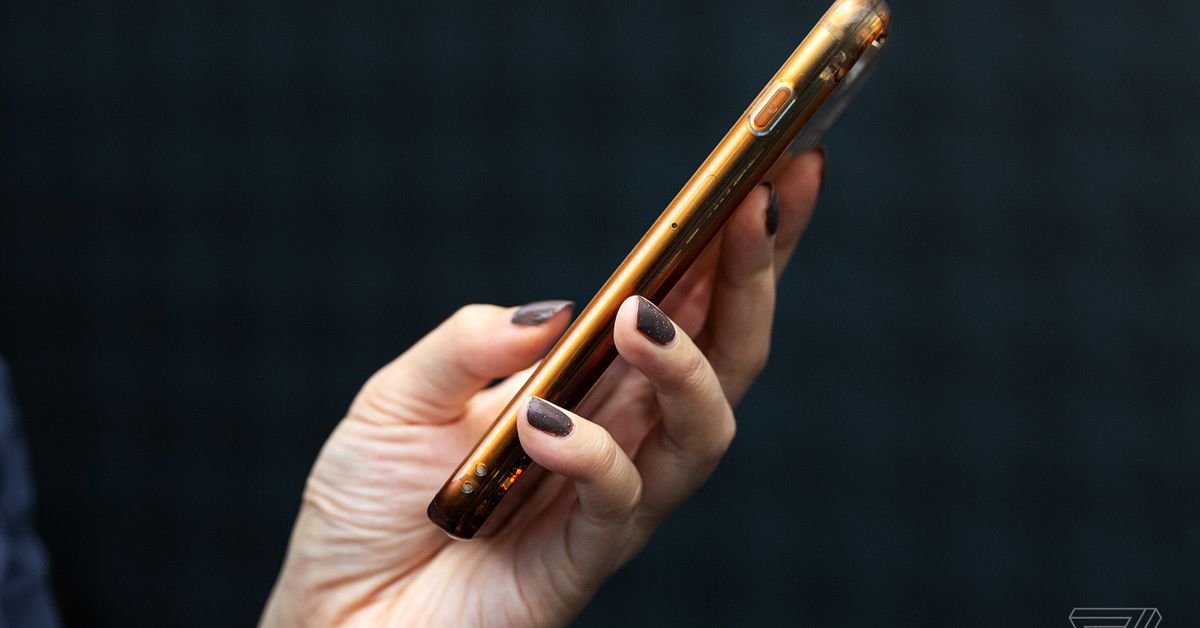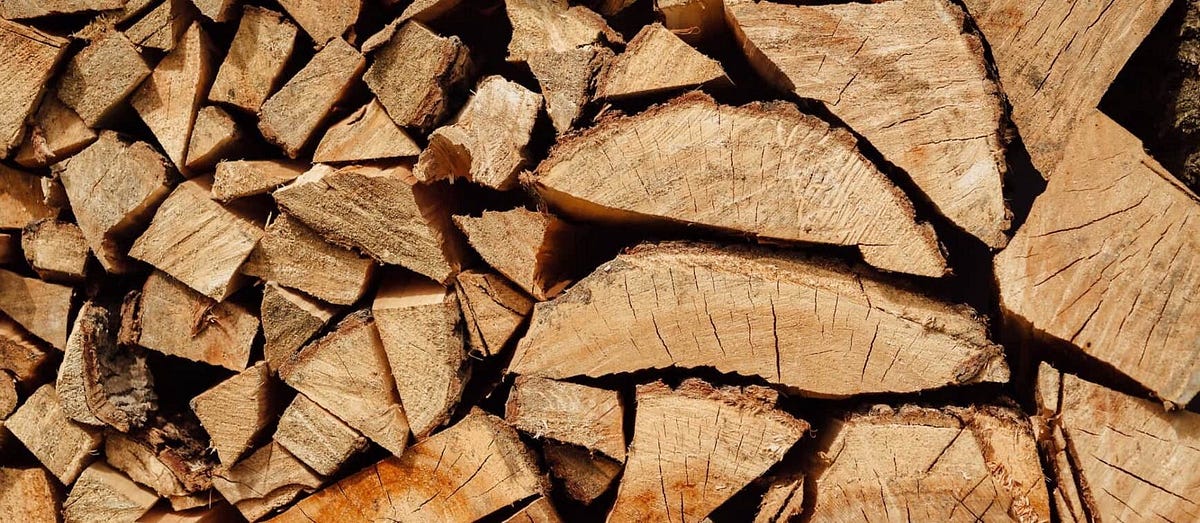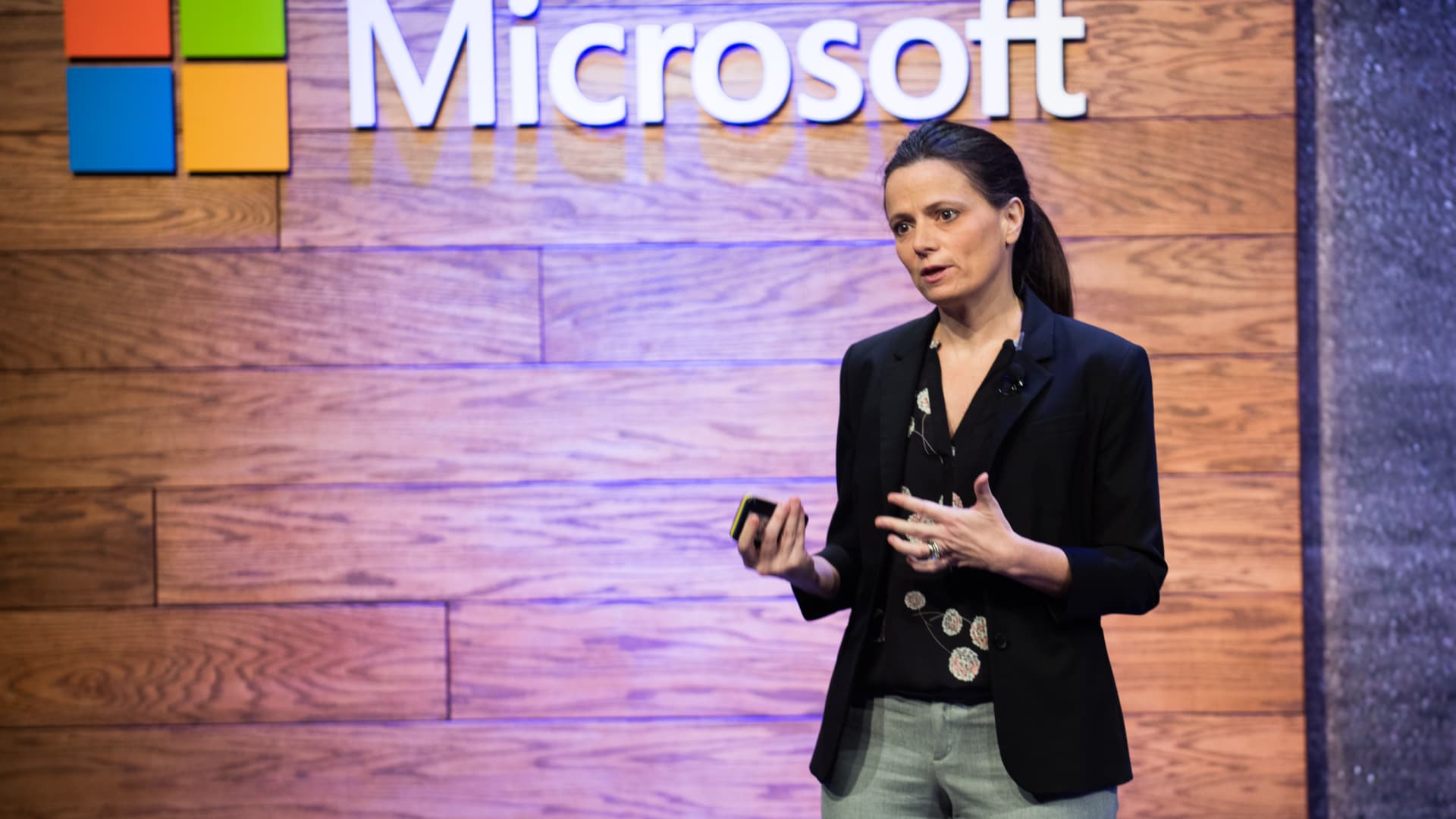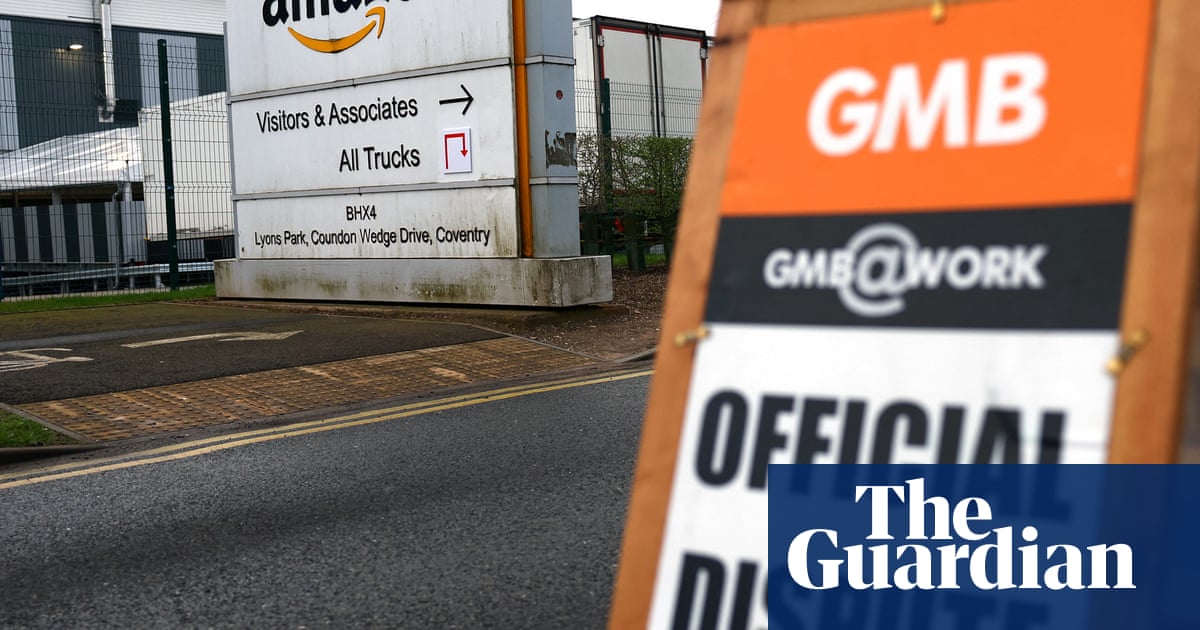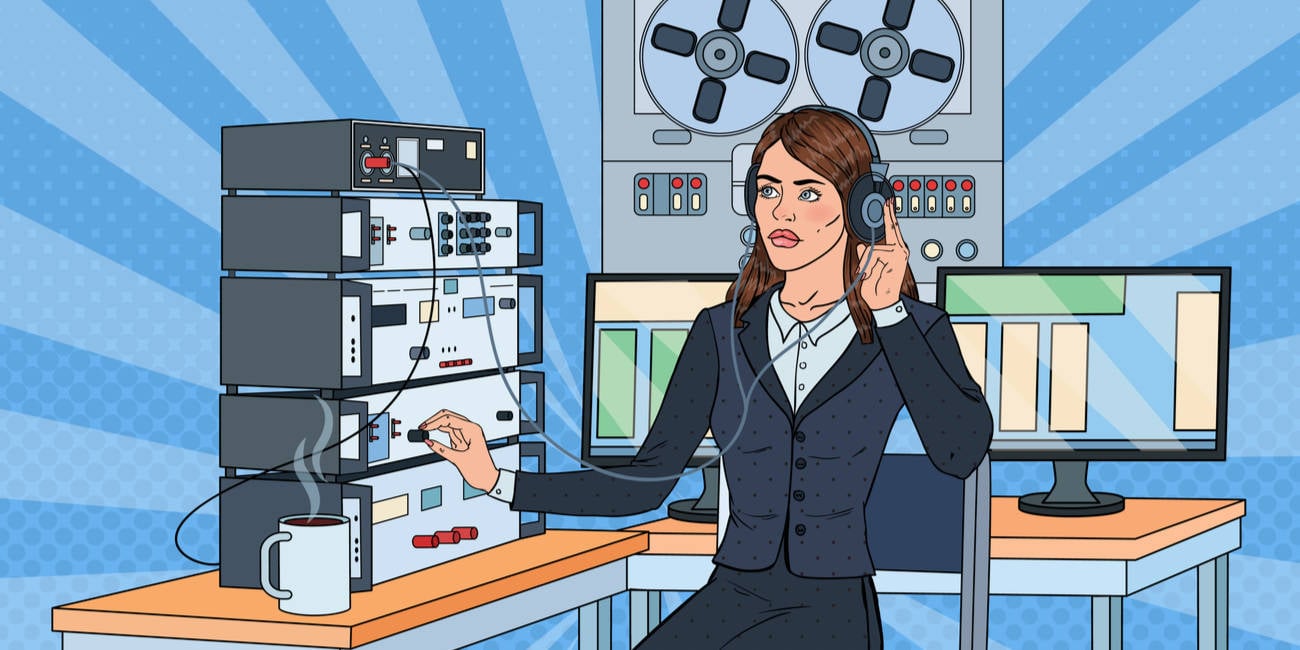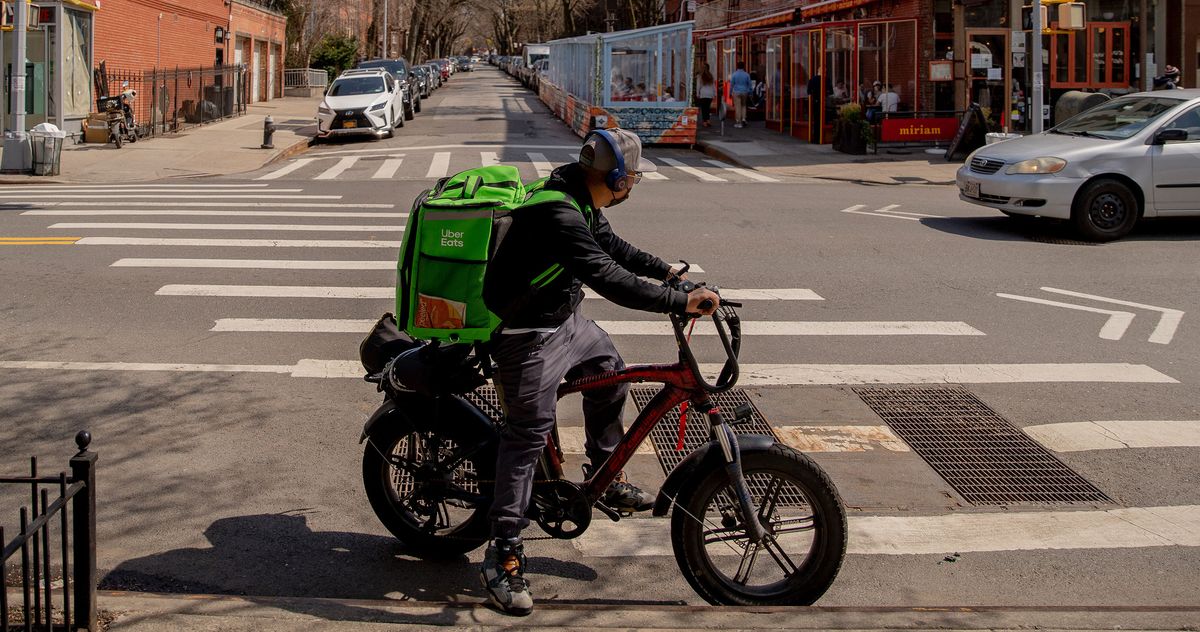
Restaurants May Finally Get Relief From Grubhub and Uber’s Automatic Sign-ups
Before the pandemic, Michael Fuquay’s restaurant, the Jackson Heights diner the Queensboro, hardly used delivery apps. The experience there is a big part of the draw, so his staff would only send out a few orders a day, tops, and he didn’t mind partnering with companies like Seamless, he said, despite the 30 percent they’d charge in fees. But once the city locked down, Fuquay did what few restaurateurs were willing to do: He cut ties with the apps. Instead, Fuquay reached out directly to customers, put flyers in people’s takeout orders asking them not to use the apps, and retrained service staff so they could do delivery work.
Yet the Grubhub orders kept coming. So did Postmates. Fuquay didn’t work with them in any official way; they simply put his restaurant on the site, and picked up orders and delivered them. Not only were they still charging his customers fees; they were using old menus, promising customers meals he hadn’t made in years, like duck breast in mole sauce. That led to confused and upset customers, negative reviews, and a general frustration that tech giants are gaining from his business and leaving him with little to show for it. “It’s misrepresenting my business to the public,” Fuquay said. “What I lose is the ability to control the transaction with the customer, the ability to market my own current menu and my own current prices, and to resolve any issues that come up.” He tried calling them time and time again, but the response, he said, has been the same: “Crickets.”
Now, New York is on the verge of allowing restaurants like the Queensboro to have more control over their own deliveries. Mark Gjonaj, a Bronx City Council member and chair of the Committee on Small Business, is set to introduce a new bill on Thursday that would make it illegal for third-party delivery companies to add restaurants to their apps without explicit permission — and would fine the companies as much as $1,000 a day, per restaurant, for violating those terms, according to a version of the bill obtained by Curbed. “Often in cases where a restaurant doesn’t want to be included on a third-party marketplace, it’s because they lose quality control on the food, and they give up having a direct relationship with their own customers — both put restaurants in a no-win situation,” Gjonaj told Curbed. “Now more than ever, locally owned restaurants should be able to control their business and how it operates. If they want to sign up for a delivery service, then great. If they don’t, they shouldn’t have to grovel to tech companies and hope to be taken off of a platform that may be harmful to their business.”

